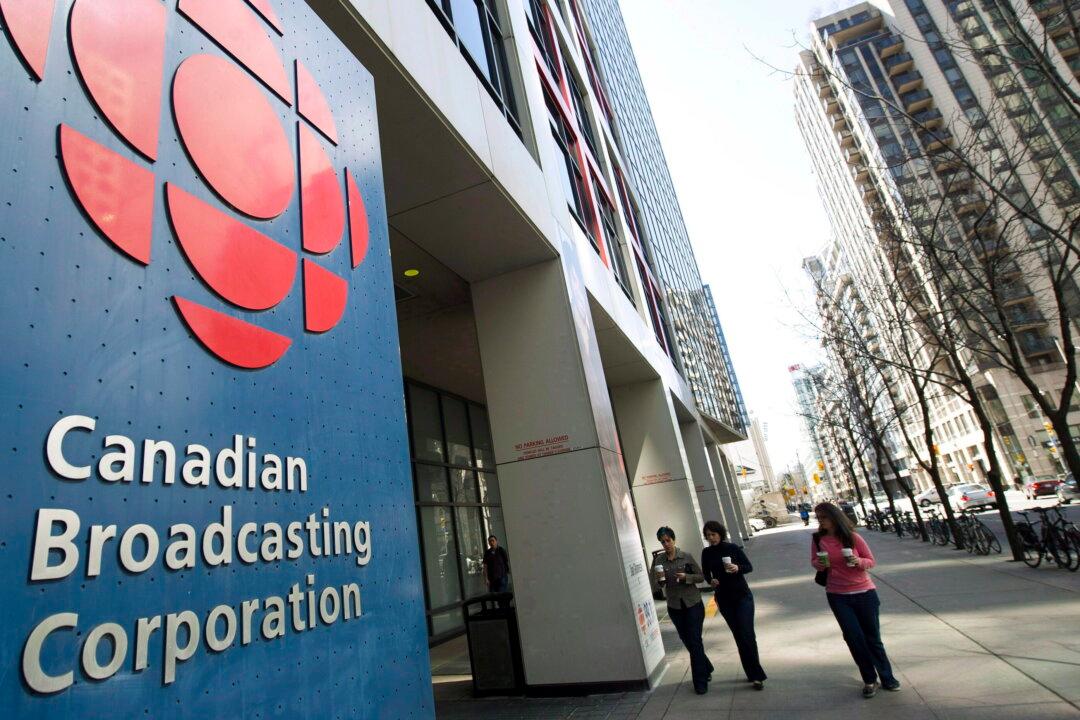Civil liberties and constitutional rights groups are requesting the Public Order Emergency Commission (POEC) call on the president and CEO of the CBC, Catherine Tait, to testify in the ongoing public inquiry looking into the government’s use of the Emergencies Act.
The rights groups, including the Justice Centre for Constitutional Freedoms (JCCF), The Democracy Fund (TDF), and the Freedom Corporation, proposed the move in a letter submitted to PEOC Commissioner Paul Rouleau on Oct. 21, in which they said that Tait’s evidence would “significantly contribute to an understanding of the issues relevant to this Inquiry.”





